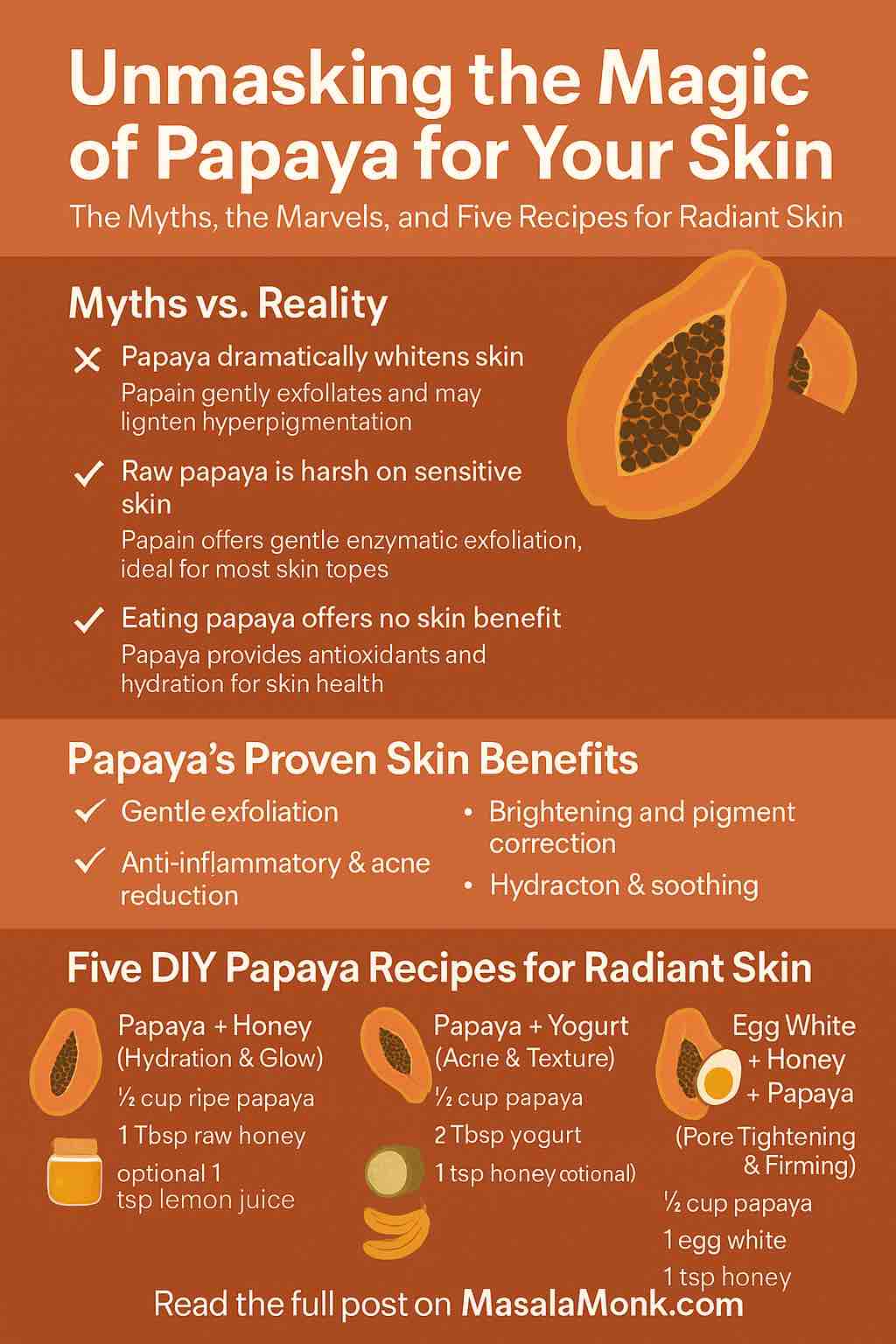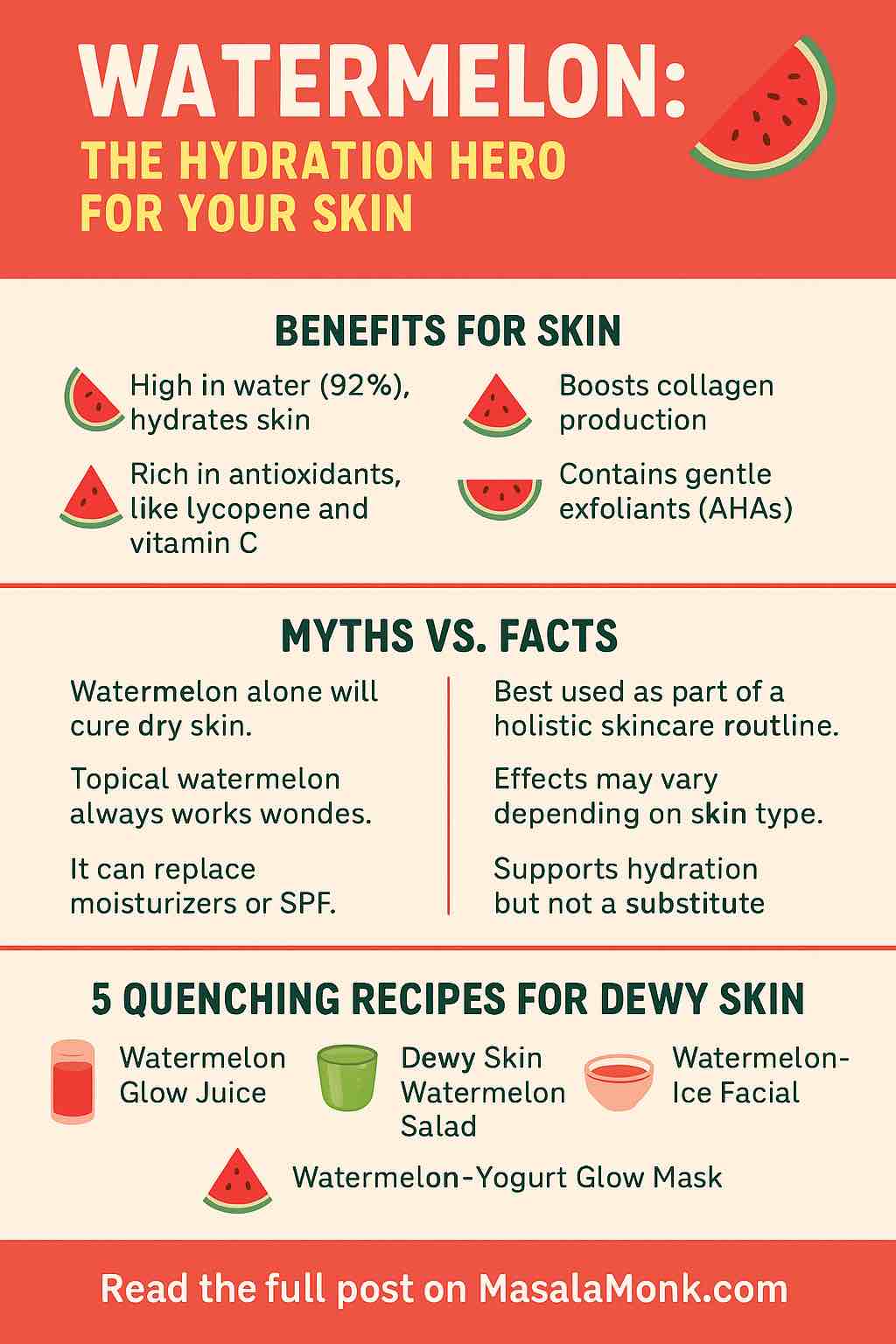
Type “lemon juice and liver health” into any search engine and you’ll be greeted by a flood of claims: lemon water “detoxifies,” “cleanses,” or even “heals” your liver. Social media is packed with reels and TikToks promising that squeezing half a lemon into your water will undo years of liver abuse. But is there any truth behind these ideas—or are we chasing sour myths? Let’s dig deep into what science really says about lemon juice and your liver.
The Liver: Your Body’s Original Detox Organ
Before we look at lemon juice, it’s crucial to understand the liver’s real job. This powerhouse organ:
- Filters your blood 24/7, breaking down toxins from food, drink, and your environment.
- Processes nutrients and regulates metabolism.
- Produces bile to help digest fats.
Fun fact: Your liver naturally “detoxifies” itself. No juice, cleanse, or superfood can do the work your liver is built to do—unless it’s sick or overwhelmed by chronic abuse.
Lemon Juice: What’s in It?
Lemon juice is more than just tang and zest. It contains:
- Vitamin C: A powerful antioxidant.
- Citric acid: Gives lemons their tart flavor and mild diuretic effect.
- Flavonoids (like hesperidin, eriocitrin, limonin): Plant compounds with antioxidant and anti-inflammatory effects.
- Trace minerals: Small amounts of potassium, magnesium, and others.
These nutrients all play a role in health—but does that translate to a healthier liver?
The Science: Lemon Juice and Liver Health
1. Animal Studies: Promising, but Not the Whole Story
Much of the excitement comes from animal research:
- Alcohol-induced liver damage in mice: Lemon juice significantly reduced elevated liver enzymes (ALT/AST), liver fat, and cell death. Liver tissue looked much healthier under the microscope.
- Toxin-induced liver injury (rats/mice): Lemon extracts and limonin (a lemon compound) lessened inflammation, fat buildup, and markers of oxidative stress.
BUT: These studies used concentrated lemon extracts or pure compounds—doses far higher than you’d get from a glass of lemon water. Animal results don’t always translate directly to humans.
2. Human Studies: The Evidence Is Thin
- A handful of small studies suggest that limonin glucoside (a lemon extract) may reduce liver inflammation and some disease markers in overweight adults. But these are isolated extracts, not lemon juice.
- No large, high-quality human trials have proven that lemon juice, on its own, can reverse liver disease or “detoxify” the liver.
3. Hydration and Antioxidants: Indirect Liver Support
- Staying hydrated helps all your organs—including your liver—work efficiently. If adding lemon to water encourages you to drink more, that’s a genuine plus.
- Antioxidants in lemons can help lower oxidative stress (a factor in many chronic diseases), but a balanced diet full of fruits and vegetables will do this better than lemons alone.
What About Detoxing? Busting the Lemon Juice Myth
No drink or food “detoxifies” your liver.
Your liver is the detox center. What lemon juice (and other citrus) can offer is mild support—mainly through hydration and a few antioxidants.
Some wellness influencers claim you can “flush out toxins” by drinking lemon water. There’s no scientific evidence for this, and the liver doesn’t store toxins in a way that lemon juice could “wash out.” Serious liver damage (from alcohol, hepatitis, fatty liver, etc.) requires medical attention, not a citrus remedy.
Potential Risks of Too Much Lemon Juice
- Tooth enamel erosion: The high acidity can wear down enamel if sipped frequently, especially undiluted.
- Heartburn or reflux: Citrus juices can trigger symptoms in sensitive individuals.
- Medication interactions: Uncommon, but in high doses, lemon compounds could interact with certain drugs (always check with your doctor).
Practical Takeaways: Should You Drink Lemon Juice for Your Liver?
Enjoy Lemon Water for These Reasons:
- Adds flavor to help you drink more water.
- Provides a small vitamin C boost.
- Freshens breath and can aid digestion for some.
But Remember:
- It’s not a “magic detox.”
- It won’t reverse serious liver problems.
- The key to a healthy liver is a healthy lifestyle—not any single food or drink.
What Actually Protects Your Liver?
Science-backed tips for liver health:
- Limit alcohol. Chronic drinking is the leading cause of liver damage.
- Maintain a healthy weight. Obesity is a major risk factor for fatty liver disease.
- Eat a balanced diet. Lots of vegetables, fruits (not just lemons!), whole grains, lean proteins, and healthy fats.
- Exercise regularly. Movement helps prevent fat buildup in the liver.
- Get vaccinated. Against hepatitis A and B, if recommended.
- Regular checkups. Especially if you’re at risk.
The Bottom Line
Lemon juice is healthy, refreshing, and a great way to jazz up your water—but it is not a liver cure or a detox miracle. The best thing you can do for your liver is to treat it well with healthy habits every day.
Enjoy your lemon water as part of a balanced diet—and let your liver do its job.
References & Further Reading
- Harvard Health: The truth behind “liver detox” diets
- NIH: LiverTox on supplements
- PMCID: 5439254 – Lemon Juice Protective Effects in Mice
- Examine.com: Lemon Water
- Times of India: Can Lemon Water Cure Fatty Liver?
Got questions, or want to see more science-backed deep dives? Drop a comment below!
FAQs
1. Does lemon juice detoxify the liver?
No. Lemon juice does not detoxify or cleanse the liver. The liver is naturally self-cleaning and does not need special drinks or foods for detoxification.
2. Can lemon juice reverse fatty liver disease?
No. There is no scientific proof that lemon juice can reverse fatty liver disease. Medical management, weight loss, and a healthy diet are the best-proven strategies.
3. Is there any human research showing lemon juice heals the liver?
No robust clinical trials exist. Most positive effects seen in studies use concentrated lemon extracts in animals, not lemon juice in humans.
4. Why do people say lemon juice is good for the liver?
This belief comes from animal studies, the general health benefits of vitamin C and flavonoids, and the popularity of “detox” trends, not from direct evidence in people.
5. Can drinking lemon water every day harm you?
Generally, it’s safe. However, excessive amounts can erode tooth enamel or trigger heartburn in sensitive individuals.
6. Does lemon juice have any benefits for the liver at all?
Indirectly, yes. Lemon juice provides antioxidants and supports hydration, both of which are generally good for health, including liver health.
7. Should I drink lemon water instead of taking medication for my liver?
Absolutely not. Never replace prescribed medication or medical treatment with lemon water or any home remedy.
8. How much lemon juice is safe to drink daily?
Most people can safely enjoy the juice of half to one lemon per day in water. Listen to your body, especially if you have acid reflux or dental concerns.
9. What’s the healthiest way to drink lemon water?
Dilute fresh lemon juice in plenty of water, and drink through a straw to protect your teeth. Rinse your mouth afterward if concerned about enamel.
10. What actually protects the liver?
A healthy lifestyle: limit alcohol, maintain a healthy weight, eat a balanced diet, exercise regularly, and get regular checkups.













